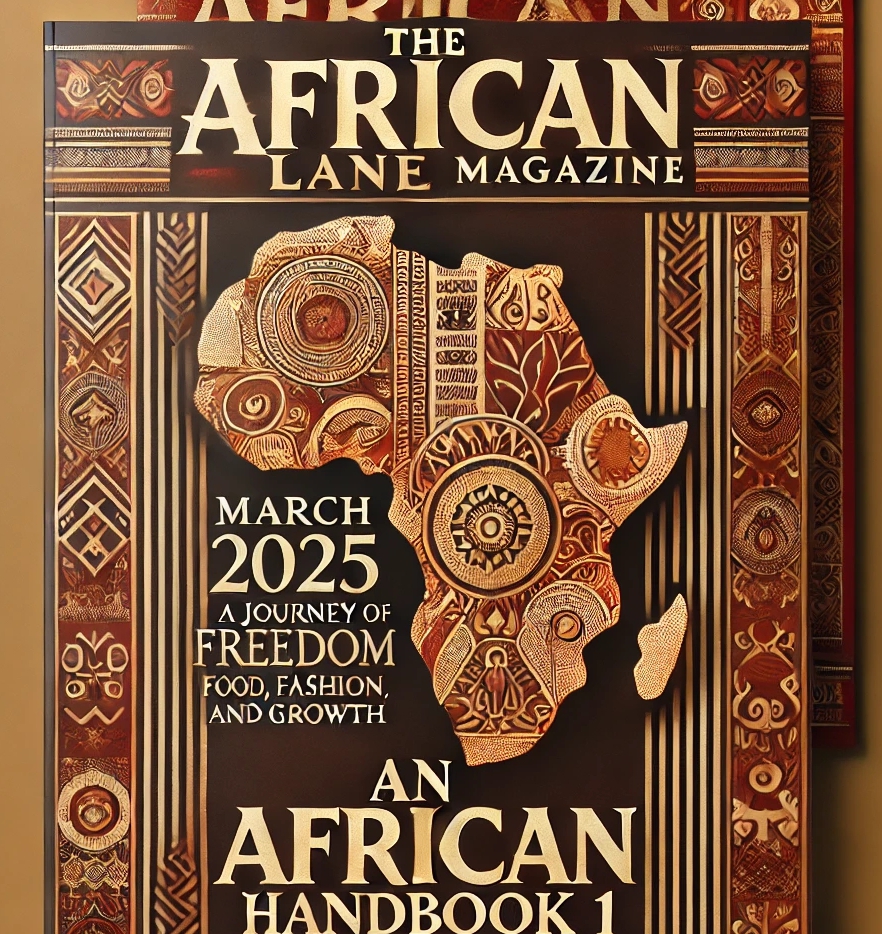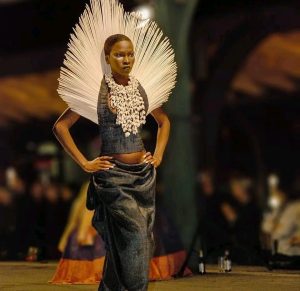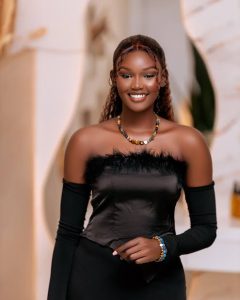What The African Educational System Needs
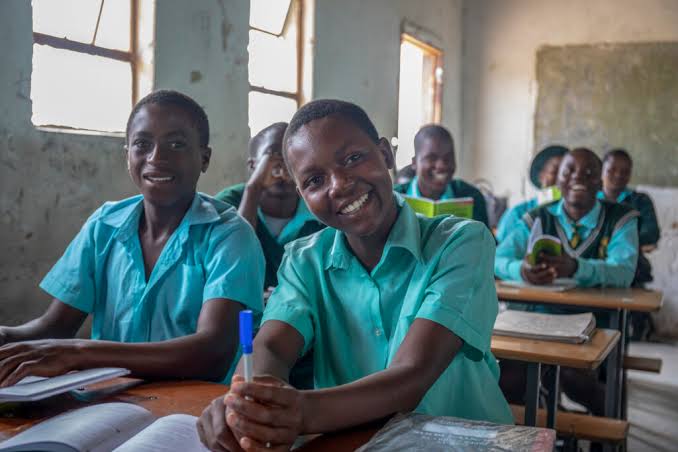
According to Ezeanya-Esiobu, the relevance of education is founded on the assumption that, at every point in time, it will be built around the human experiences of the learner. Distinct from training, which thrives on repetition without much emphasis on philosophical understanding, education should be motivated by the need to understand how and why things are.
Education must, therefore, focus on helping the learner think clearly and without inhibition or undue dependence on abstract images.
As much as possible, formal education should be a reflection of life itself, the function of education, than being to “direct, control and guide personal and social experiences” (Ozmon and Carver 1986, 114).
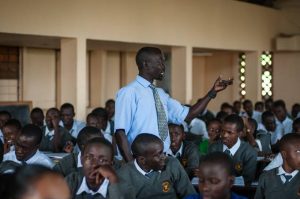
In Indigenous Knowledge and Education in Africa Chika assert that education should assume an experimental direction, ready to engage in the exploration and discovery of answers to emerging challenges that plague human existence. Nothing ought to be cast in stone as far as the human experience—which education embodies—is concerned.
Education, in its entirety, should not be based on some perfected system
of truth, but should strongly encompass a system of knowledge that is rooted in experimentation, existing, and emerging reality. Students should be exposed to as much as possible to the real world and not just to a fraction of it. Along that line, an interdisciplinary approach to education is ideal since real life is not compartmentalized into different disciplines.
The unfortunate result of the over-fragmentation in the form of disciplinarily, which has characterized formal education, is that undue attention is placed “upon subject matter rather than on the contents of the child’s own experience” (Dewey John 1916).
The role of the university and other levels of education is to bring together all
that individuals see and do in their everyday living because ‘education
is life itself, and not a prerequisite to life.’ (C. Ezeanya-Esiobu, 2019)
Africa and Africans will do better and be better at what they do and in
all industries and institutions if African educationist and government see education as life and
incorporate other areas of society and more functional and practical courses into the African educational curriculum.
The African society will do better and the level of unemployment reduced if the government, individuals, and school owners create more institutions and
platforms where writers, fashion designers, athlete programmers, teachers, and other fields are given proper training and platforms to explore and express themselves, they no longer have to be garbage in and out or use archaic curriculum that has no bearing in the 21st century and centuries to come.
As Count G (1932) in Dare, the schools build a new social order, put it ‘Education …must… face squarely and courageously every social issue, come to grips with life in all of its stark reality, establish an organic relation with the
community, develop a realistic and comprehensive theory of welfare, fashion a compelling and challenging vision of human destiny, and become less frightened than it is today… ‘(Counts 1932, 2).
According to him, “That teachers should deliberately reach for power and make the most of their conquest is my firm conviction. To the extent that they are permitted to fashion the curriculum and the procedures of the school, they will definitely and positively influence the social attitudes, ideals, and behavior of the coming generation. In doing this they should resort to neither
subterfuge or false modesty…” (Counts 1932, 3).
It’s not just about giving grants and funding, the government, individuals, and co-operation must invest heavily in giving proper education to Africans. We should have universities and schools where athletes are trained, programmers are taught real programming, and fashionistas are taught how to produce fabrics and make clothes that can be used by presidents.
We should have universities and schools where Africans are allowed to explore and test ideas, refine their skills, and be taught to produce what is in their imagination. Let’s make proper and functional education a norm.
Gotten from The African Lane Magazine Edition 2
